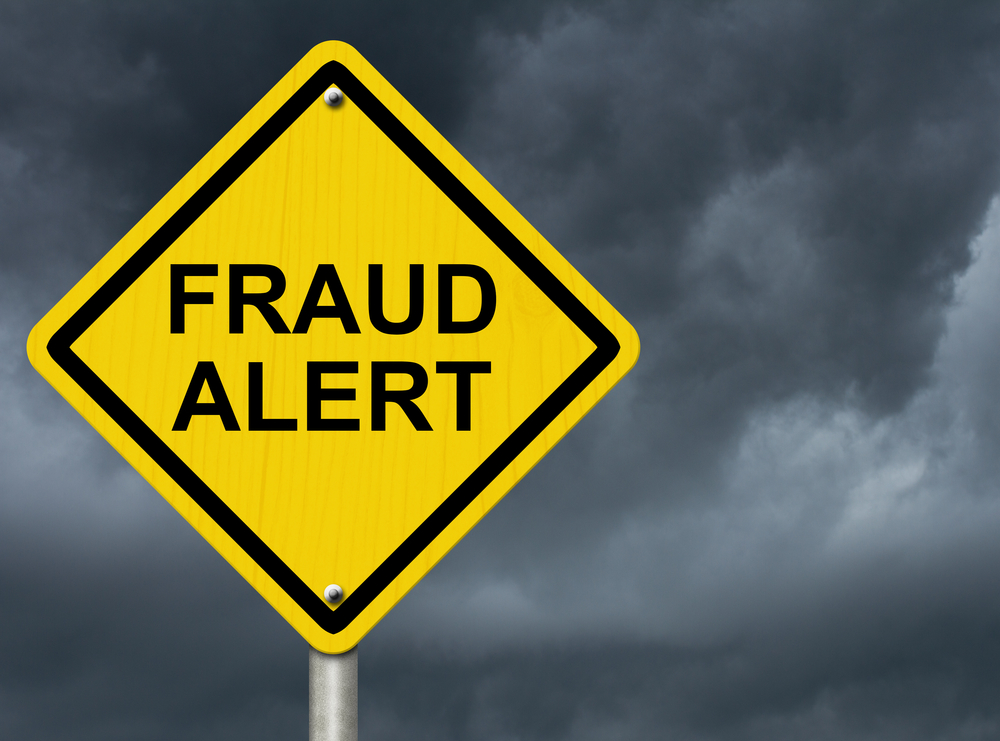4 Business Travel Fraud Schemes and What You Can do to Prevent Them
 In the world of handwritten expense reports, corporate travelers have many opportunities to profit from various expense reimbursement fraud schemes, resulting in billions of dollars being stolen from companies each year. Although there is always potential for fraud, using proper internal controls and business travel management companies that utilize cutting-edge technology can help your business control travel costs and root out fraud.
In the world of handwritten expense reports, corporate travelers have many opportunities to profit from various expense reimbursement fraud schemes, resulting in billions of dollars being stolen from companies each year. Although there is always potential for fraud, using proper internal controls and business travel management companies that utilize cutting-edge technology can help your business control travel costs and root out fraud.
1. Profiting from Per diems
The hassle of saving receipts and filling out expense reports has led many companies to give business travelers daily allowances, or per-diems. If an employee attends a conference that includes all meals– he or she has no food costs but still receives an allowance each day, basically costing the company money for nothing.
How to avoid it: Many business travel agents are trained to help employees utilize easy-to-use electronic travel expense management systems that cut down or eliminate the need for per diems.
2. Padding Mileage
With handwritten log books, inflating mileage is a common way to fraudulently increase reimbursement for travel expenses.
How to avoid it: New expense report apps with GPS tracking capabilities allow employees to record actual mileage based on the time and distance traveled. Instituting a travel expense policy for your small business that only accepts mileage reimbursement through GPS tracking can help your company cut mileage costs.
3. Fake Out-of-Pocket Expenses
Some companies only ask for receipts over a certain dollar amount, which leaves plenty of opportunity to submit false expenses for amounts that fall under the limit–such as tips for bellhops and cab drivers.
How to avoid it: Travel expense tracking technology makes it easier than ever for employees to manage receipts and fill out paperless expense reports. Some expense apps enable you to use smartphone voice technology to create receipts instantly or snap a picture of a receipt and upload it to an electronic expense report. These types of smart expense apps allow more accurate reporting of expenses and eliminate the need for a no-receipt policy.
4. Unused & Last-Minute Airline Tickets
Some business travelers are quite savvy at getting free airline trips on the company dime. For example, if an employee is reimbursed for a flight for a conference that is subsequently cancelled; he or she may book an additional ticket when the conference is back on, even though the original ticket could have been used with a change fee. Another trick that can cost your company– employees who purchase expensive airline tickets close to the time of the flight to get better upgrades.
How to avoid it: Many corporate travel agencies use state-of-the-art technology to track reservations, cancellations & flight changes; and can automatically apply unused tickets or upgrades the next time an employee travels. Some programs can pull information from expense reports and flag employees that show a habitual pattern of last-minute bookings.
If you’re looking to prevent travel expense fraud, choosing the best corporate travel agency to assist you will make your company’s corporate travel policy more efficient, effective and reduce or eliminate fraud.
